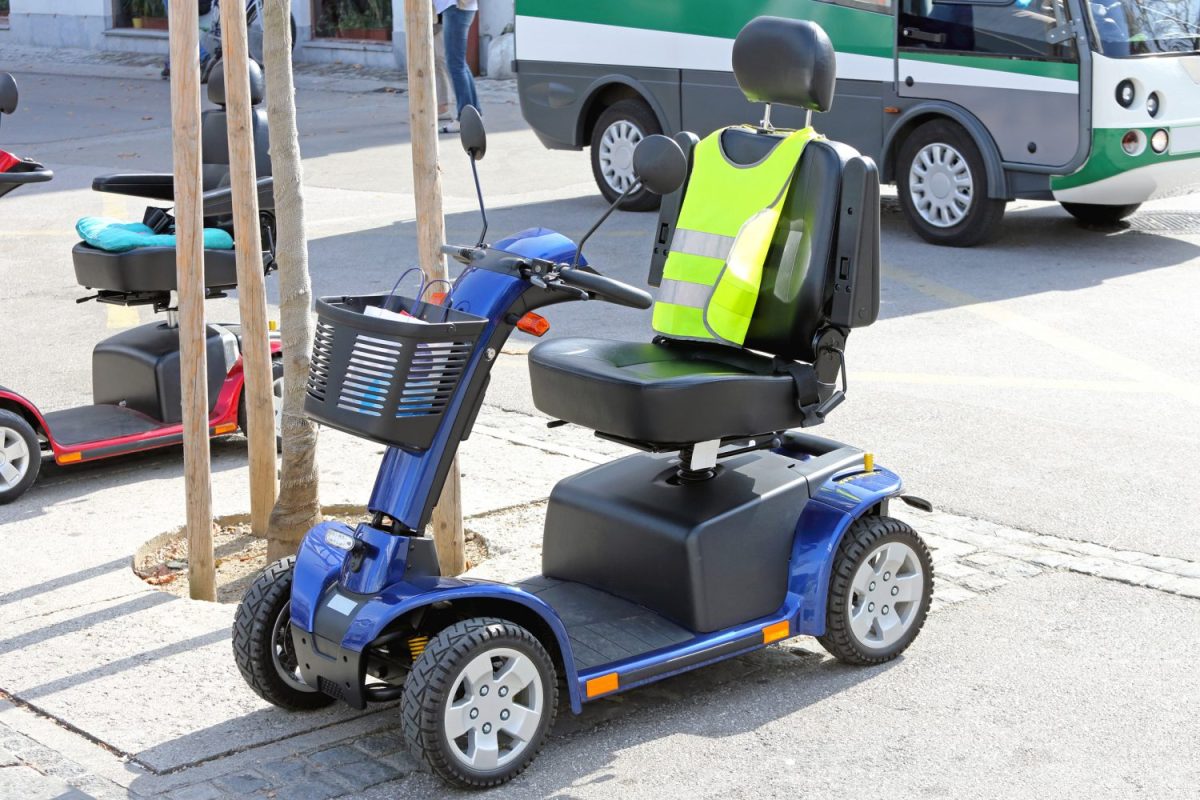A Senate Committee will investigate concerns about motorised scooters, after Senators John Williams and Derryn Hinch referred the issue to Rural and Regional Affairs and Transport References Committee. Senator Williams has spearheaded the inquiry since his wife was involved in an accident with a mobility scooter.
However, while the Assistive Technology Suppliers Australasia (ATSA) has welcomed the Senate inquiry it warned it is focused on new regulations and restrictions that will only punish seniors and people with disability.
“We believe the inquiry should concentrate on education and infrastructure,” ATSA executive officer, David Sinclair said. “It is time to address the real issues, not just the mobility device itself. We need to consider how and why these devices are used, not simply their speed and weight. ATSA is concerned that until now, the debate has centred purely on the device and not the needs of some of our most vulnerable citizens.
“There are already well-established structures in place for the management of motorised mobility devices. These are currently regulated by state and territory road and traffic agencies, Austroads, Standards Australia, Therapeutic Goods Administration, Customs and the Department of Infrastructure,” he said.
“ATSA believes in fairness and equity for seniors and people with disability. Rather than over-regulation leading to misalignment with internationally accepted standards, increased public awareness is a far more productive and effective proposition. Education is crucial, including training of users and encouraging all pedestrians to look where they are going.’
ATSA contends that this inquiry should be part of the current inquiry into the Australian Government’s role in the development of cities and not an independent, single-issue investigation.
Mobility scooter importer and retailer, Scooters Australia, has also welcomed the probe into the mobility scooter industry. Managing director, Peter Fraser, said that the safety issue of mobility scooters might be settled once and for all if the committee investigates the issue thoroughly.
“Australia already has some of the strictest regulations regarding mobility scooters in the world and if the committee is serious about looking at international practices, the mobility scooter industry has nothing to hide,” Fraser said.
Statistics collected by Monash University between 2000 and 2010 found that 62 people were killed and 442 people hospitalised. “That’s less one person per state per year for a mobility product that gives untold thousands of people independence and freedom when they might otherwise be housebound.”
According to Fraser, the biggest problem with scooter safety is the appalling lack of infrastructure for anything other than motor cars in Australia.
“There has been a consistent lack of attention to providing better footpaths, cycle paths, and facilities for mobility scooters, bicycles and pedestrians all over Australia, and particularly in regional cities and towns where mobility scooter users often have to travel on the edge of the road because there are no footpaths.”
He said instead of wasting yet more money on an inquiry, the Federal Government should be paying a lot more attention to what the rest of the world is doing in providing decent infrastructure for people who use mobility scooters to get around their community.
“Mobility scooters already have the best the safest record which will only improve with better footpaths to accommodate the inevitable increase in popularity of this form of local transport,” he said.
Motorised scooter riders do not require a licence, insurance or health checks before getting behind the wheel.

